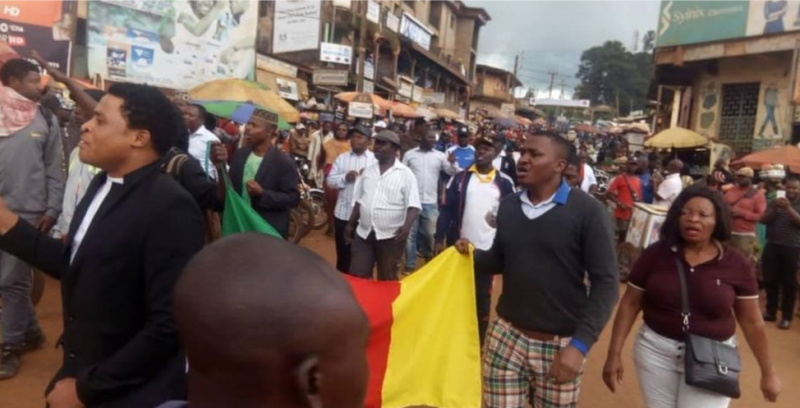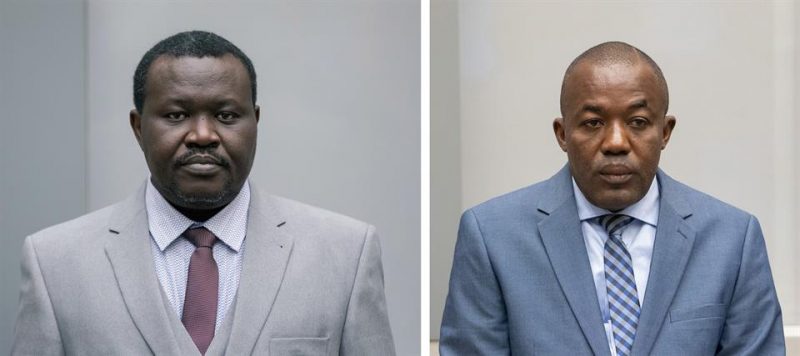By: Katherine Davis
Impunity Watch Staff Writer
YAOUNDE, Cameroon – On March 30, 2020, Human Rights Watch (HRW) raised concerns about human rights violations in Cameroon in a shadow report to the African Commission on Human and Peoples’ Rights (ACHPR). The report highlights violations of arbitrary arrest, detention, torture, and other ill treatments; the right to life, the right to equal protection under the law, and violations of freedom of speech and assembly, all of which were not included in the 6th Periodic Report of Cameroon (“the Report”). HRW urges the ACHPR to consider these violations during its 66th Ordinary Session for the discussion of the Report.
In early 2019, Cameroonian security forces arrested hundreds of members of the Cameroon Renaissance Movement, including their leader, Maurice Kamto, his closest advisors, and hundreds who joined in protest. These individuals were denied access to their attorneys and then charged “with a number of offenses including hostility against the homeland, threats to public order and rebellion.”
HRW says the Report makes no mention of these arbitrary arrests and detentions or of the violent dispersals of demonstrators. According to the shadow report, “the government of Cameroon failed to uphold those freedoms for opposition members arrested during and following peaceful demonstrations.”
In addition to the depravation of basic legal rights, HRW has also notes various human rights violations by the government of Cameroon. Since late 2016, security forces have been killing civilians, burning dozens of homes and villages, and torturing and detaining individuals to extract confessions regarding opposition forces. None of which was reported to the ACHPR by the Cameroonian government, according to HRW.
“Cameroon has submitted 6 reports in the last 18 years. Cameroon’s 6th period report fails to provide any comprehensive account of efforts to mitigate further abuses by security forces against civilians and to ensure that military operations are conducted with respect for human rights,” writes HRW.
HRW urges the government of Cameroon to promptly investigate these allegations, to develop and implement safeguards in accordance with the African Charter on Human and Peoples’ Rights, and to provide appropriate medical care to victims of torture. They also strongly encourage ACPHR to consider the absence of these violations in their upcoming discussions during the 66th Ordinary session.
Originally scheduled to begin on April 22, ACHPR’s 66th Ordinary Session has been tentatively rescheduled for May/June 2020 due to the global COVID-19 pandemic. As of April 11, 2020, the ACHPR has not commented on HRW’s allegations.
For further information, please see:
The Guardian – Hundreds of Opposition Members Arrested in Cameroon – 4 Jun. 2019

